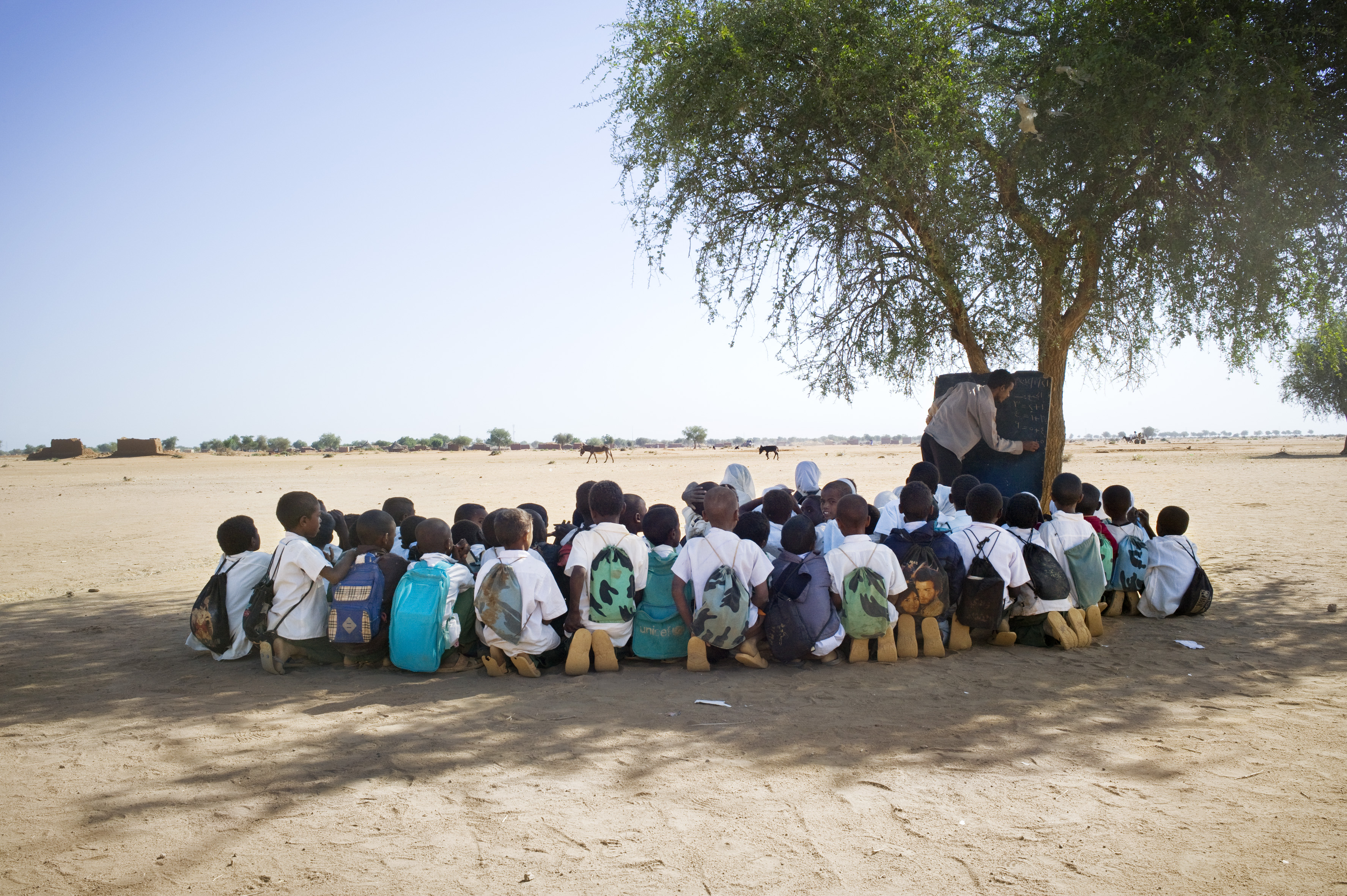
Policies
UNICEF's School Rehabilitation and Capacity Building Initiative
Context and Issue
After the 2011 revolution that overthrew dictator Muammar Gaddafi, Libya fell into a series of civil wars and conflicts, leading to the establishment of two separate governments. This instability has significantly impacted various institutions in the country, particularly in the education sector. According to UNICEF and the Libya Education Cluster, approximately 1.3 million children have been affected by the conflict and destruction of over 500 schools. Many have either been forced out of school or have had to endure poor educational environments due to widespread destruction.
Solution
In 2018, UNICEF launched a comprehensive initiative to rebuild and improve schools, ensuring every child has access to education. The initiative began by reconstructing schools affected by wars and rehabilitating school infrastructures in the major cities of Tripoli, Benghazi, and Misrata, which had been heavily damaged due to prolonged conflict. During the initial phases, the program prioritized emergency educational interventions, such as establishing temporary learning spaces for displaced populations. These spaces allowed children to continue their education while permanent schools were being rebuilt. Following the completion of school construction and repair, UNICEF turned to providing necessary supplies and educational materials. The program's second phase focused on enhancing teachers' capacities by improving their teaching methods and providing psychosocial support and inclusive education. Teachers received professional development centered on trauma-informed teaching strategies to help them support children who had experienced conflict. These programs were designed to improve the quality of education and ensure that teachers could address the complex emotional and educational needs of children affected by war.
Impact:
In 2020, two years after the program was initiated, UNICEF successfully rehabilitated over 100 schools nationwide, allowing children to return to their classrooms. Additionally, temporary learning spaces were established to accommodate displaced children. The initiative directly benefited over 200,000 children by providing access to safe learning environments and educational materials, effectively reducing the number of out-of-school children. Furthermore, the program trained over 4,000 teachers to manage post-conflict education and integrate psychosocial support into their teaching methods
Analysis
On a national level, UNICEF has done what it can in the areas it can reach. However, due to the political and security instability of the country, implementation in areas affected by armed conflicts can be hindered. Similarly, due to the global outreach of UNICEF, similar programs with comparable objectives have been implemented in countries such as Yemen and Syria. Yet again, their political and security instability may also affect the implementation.
The initiative's model is highly replicable across different contexts. The principles of school rehabilitation, provision of educational materials, and capacity building for teachers apply to many post-conflict zones. However, it is critical to involve the government, particularly the ministries of education, for the program's long-term sustainability.












